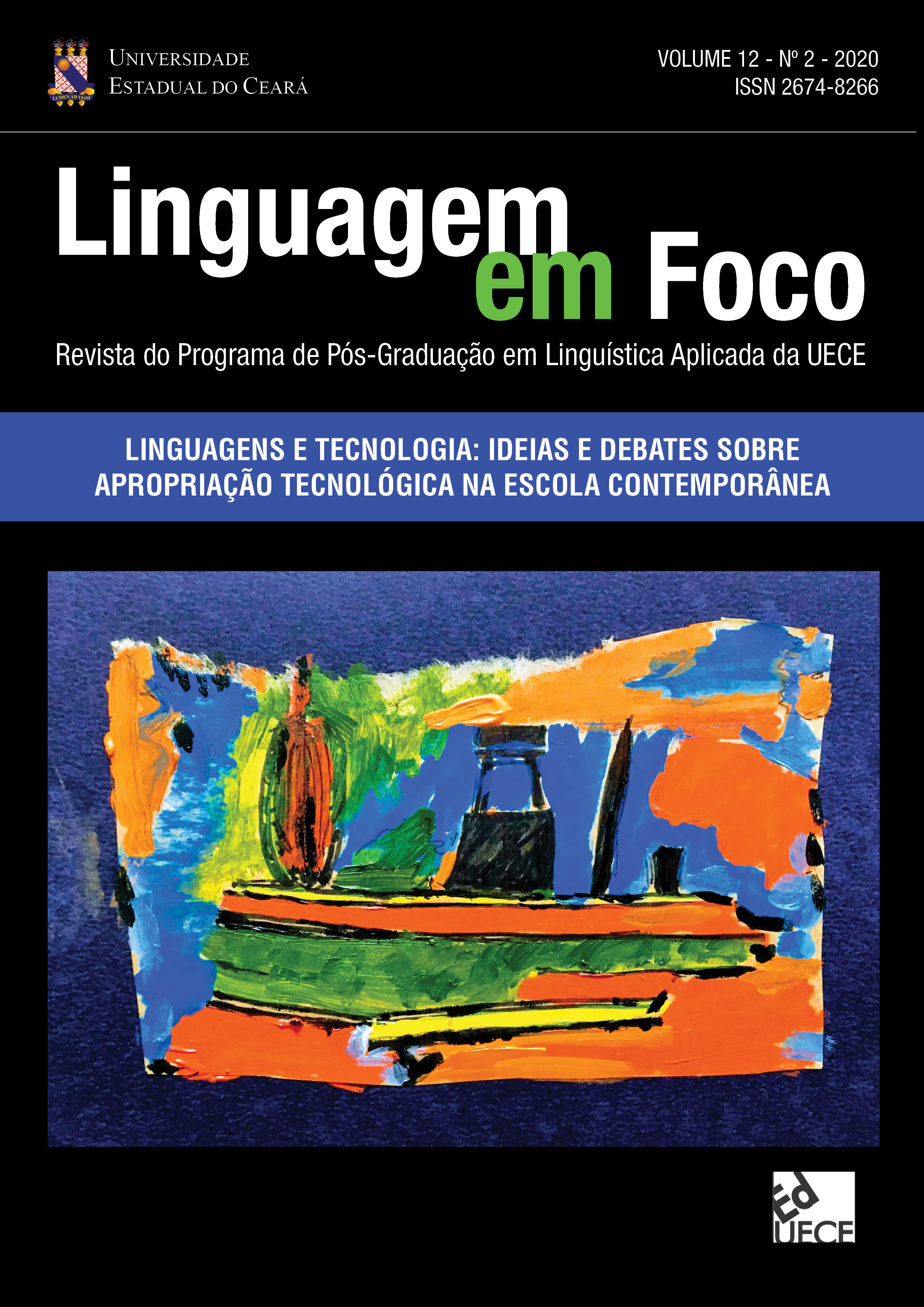Professor, Ética e Rede social
Um estudo acerca de postagens no Facebook que envolvem crianças da educação infantil
DOI:
https://doi.org/10.46230/2674-8266-12-4023Palavras-chave:
Ética, Professor, FacebookResumo
As redes sociais se transformaram em populares comunidades virtuais, onde diversos usuários estão conectados diariamente. Contudo, pesquisas apontam que seu uso, inclusive do Facebook, trouxe um crescimento elevado de casos de preconceitos e intolerância. Assim, é relevante a discussão do Facebook não apenas como um espaço de entretenimento, mas também como um ambiente virtual que disponibiliza ferramentas de exposição da vida social dos sujeitos. Nesse sentido, o objetivo deste artigo foi refletir acerca de postagens de professores no Facebook sobre discentes da educação infantil. O trabalho se desenvolveu através da pesquisa de algumas postagens do Facebook como objeto analítico para método de investigação de cunho qualitativo, a observação foi direta, sistemática e não participativa, baseada em teorias de autores como James (2014), Bauman (2011) e Comparato (2006), além de normatizações do Estatuto da Criança e do Adolescente (1990) e da Constituição da República Federativa do Brasil (1988). Gradativamente, veem-se casos de crianças que desfrutam de perfis em redes sociais, e quando elas não são usuárias de uma conta, familiares ou terceiros continuam a propagar seus feitos, hábitos ou atividades por meio de postagens na rede, isto facilita a criança ser vítima de casos de ciberbullying e pedofilia. Observou-se a necessidade de legislação relacionada a conflitos de direitos dos internautas menores e adolescentes alicerçada na sua vulnerabilidade como se apresenta no ECA e na Constituição brasileira. Políticas públicas de cunho preventivo e educativo na assistência de seus interesses que lhes garantam exposição mais segura nas redes sociais.
Downloads
Publicado
Como Citar
Edição
Seção
Licença
Os autores que publicam na Linguagem em Foco concordam com os seguintes termos:
- Os autores mantêm os direitos autorais e concedem à revista o direito de primeira publicação. Os artigos estão simultaneamente licenciados sob a Creative Commons Attribution License que permite a partilha do trabalho com reconhecimento da sua autoria e da publicação inicial nesta revista.
- Os conceitos emitidos em artigos assinados são de absoluta e exclusiva responsabilidade de seus autores. Para tanto, solicitamos uma Declaração de Direito Autoral, que deve ser submetido junto ao manuscrito como Documento Suplementar.
- Os autores têm autorização para disponibilizar a versão do texto publicada na Linguagem em Foco em repositórios institucionais ou outras plataformas de distribuição de trabalhos acadêmicos (ex. ResearchGate, Academia.edu).





























